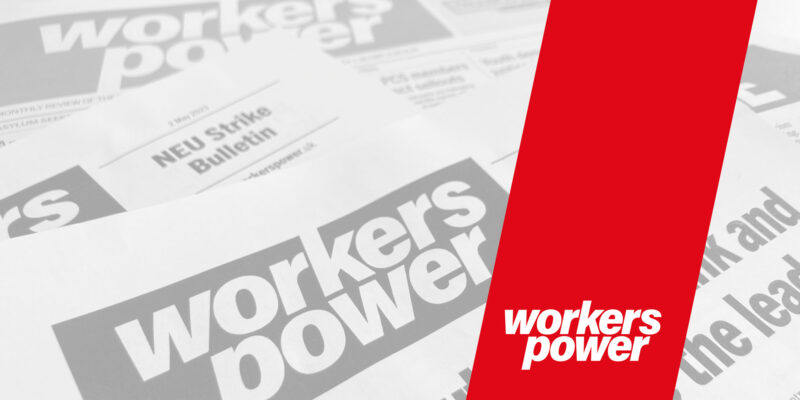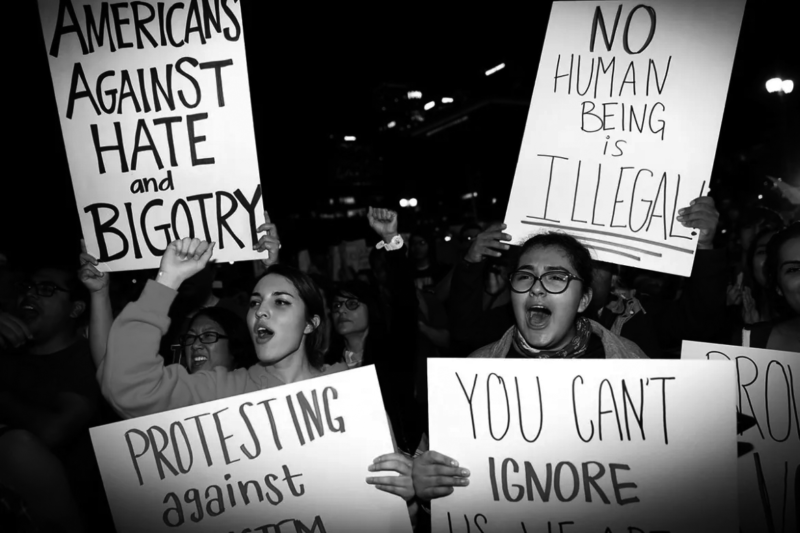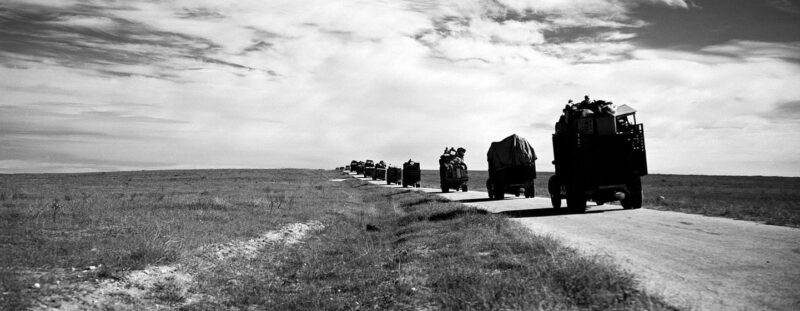Putin’s re-election masks growing divisions in Russia
 Putin’s electoral victory will lead to be social resistance in the coming years, writes Andy Yorke
Putin’s electoral victory will lead to be social resistance in the coming years, writes Andy Yorke
Vladimir Putin’s election to a third term as president of Russia on 4 March, adding another six years to his unbroken stretch of power since 2000, has been greeted with cynical apathy or anger across the country. The day after the announcement, 20,000 protestors filled Pushkin Square in Moscow chanting “Putin – thief”. The regime immediately stepped up its repression and hundreds were arrested. But the protests continue – on 10 March around 20,000 people demonstrated in Moscow.
Putin is determined to keep the reins of power in his hands, and has simply resumed after a four-year hiatus as prime minister. Constitutional limits on two terms forced him to put forward his subordinate Dimitri Medvedev in 2008; Medvedev kept the seat warm for Putin who continued to rule behind the scenes. Now Putin hopes to rule for another two terms, up to 2024, which would make him the longest serving ruler of Russia since Stalin.
The Voters’ League, founded as a watchdog against fraud, has declared his real vote closer to 53 per cent rather than the official 63.6 per cent. It logged thousands of complaints, including those against managers in schools, hospitals and factories forcing employees to vote for Putin. Golos, another election watchdog, said that despite more subtle forms of fraud this time, there are still instances of forced voting, suspiciously high numbers of postal votes, and unrealistically big turnouts (near 100 per cent in some areas) that suggest ballot box stuffing. The anti-Putin blogger, Alexey Navalny, claimed widespread “carousel” voting in Moscow, where voters are bussed round to vote several times in different polling stations.
The outward trappings of democracy – elections, parties and media debates – mask the immense power that is concentrated in the state apparatus, which controls television and uses the courts to close down independent media. Putin has mastered the art of organising fake front parties to take votes off the opposition, while the Nashi (Ours) youth organisation harasses opponents. More sinister, scores of journalists critical of the government have been killed in Russia since 2000, with most cases unsolved.
While Putin did receive a majority of votes, on a low turnout of 63 per cent, the ground beneath his regime is shifting. The optimism of the boom years up to the 2008 financial crisis has given way to stagnation and cuts to the standards of living of the working class, poor and pensioners. There is widespread cynicism towards the corruption of the regime, with Putin’s cronies and “bureaugarchs” (former KGB officials) filling their pockets, particularly from Russia’s oil revenues.
Meanwhile Russia’s income per person is projected at $13,650 in 2012, over $4,000 less than Greece. Polls show that the percentage of people who no longer trust Putin has risen to 40 per cent, and most believe that Russia is stagnating. His support is falling fastest among poorer people 55 years and older. For the first time Putin was forced to campaign for votes, yet in Moscow he polled less than half the vote.
This disillusionment was first exposed in the December 2011 parliamentary elections when United Russia, the main prop for Putin’s regime in the Russian Duma (parliament), struggled for the first time to get a majority despite evidence of vote rigging on a massive scale. The fraud sparked historic demonstrations against Putin of up to 50,000 in Moscow and demonstrations more than 50 cities, the biggest political mobilisations since 1991 and inspired by the Arab Spring events that toppled similarly aging, presidents-for-life.
Now Putin is rewarding his base and promising harsher repression for his enemies by increasing spend for the army, police and other security forces by 33 per cent in 2012. Russia is fiscally strong with low debt and financial reserves, however any slip in oil prices – which is still above £120 a barrel – would mean a deficit budget. With growth rates half of what they were pre-2008, capital is flowing out of Russia as the wealthy secure their loot abroad. The job opportunities for graduates, who make up 70 per cent of the anti-Putin protestors, have stagnated. However, the exasperation and anger of the youth and intelligentsia, the visible revolt of the middling layers on the streets, reflects much deeper tensions within society.
Putin’s room to manoeuvre is squeezed, which means that increasingly it is the riot police’s truncheon that keeps him in power, not jobs or the illusion of a new start and future growth. His greatest advantage is that the alternatives from the billionaire free marketeer Mikhail Prokhorov, who made his money in the dodgy privatisations of the 1990s, or the Communist Party’s Gennady Zyuganov, who is tainted by his Stalinist history, are not poles of attraction for the young protestors or workers. The young activists, who are braving Putin’s repression to protest against the corrupt system, need to join their democratic demands to social issues – housing, jobs, cuts, poverty – to bring down the regime and build a new party of social revolution.









